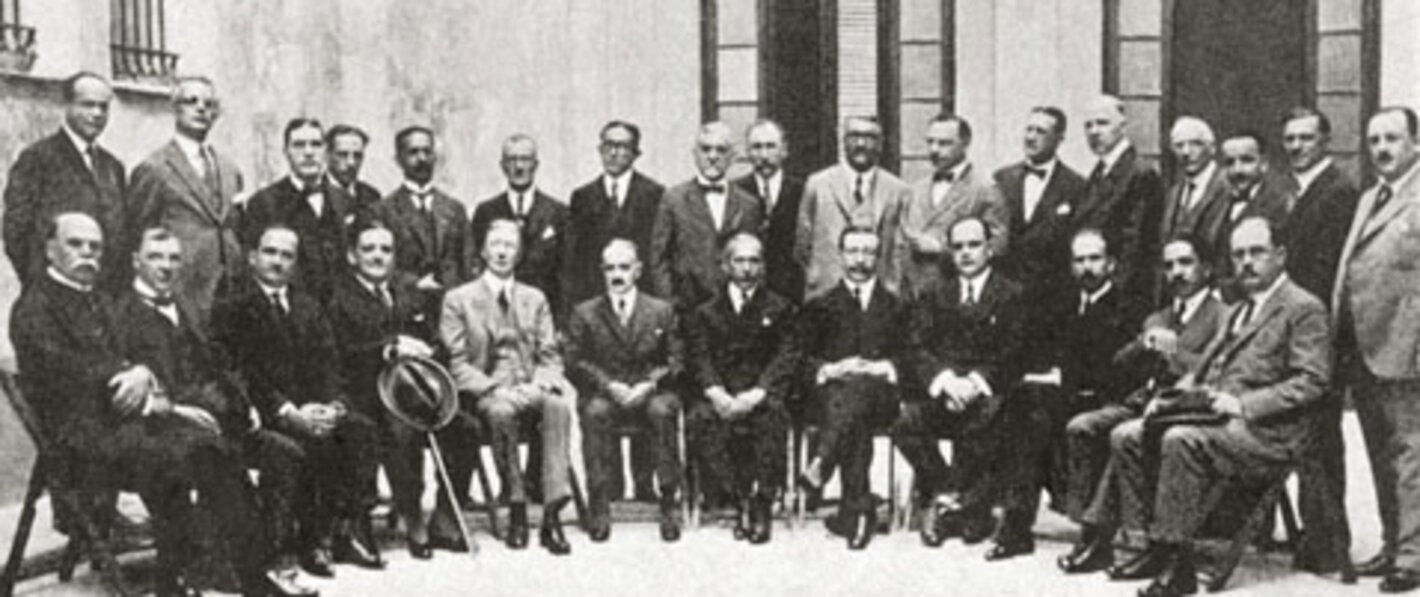
Washington, D.C., 14 November 2011 (PAHO) - November 11 marks the 87th anniversary of the Pan American Sanitary Code. Signed in Havana, Cuba, at the 7th Pan American Sanitary Conference in 1924, the code defined the functions and duties of the Pan American Sanitary Bureau (secretariat of the Pan American Health Organization) and established responsibilities and procedures for countries to report disease outbreaks among themselves. The code also promoted standardization in prevention and control measures and for the collection of morbidity and mortality data. It was originally signed by 18 countries but was later ratified by all the countries of the Americas.
Amended in 1927 and 1952, the final version assigns the following responsibilities to the Pan American Sanitary Bureau:
- To serve as the "central coordinating sanitary agency" for the countries of the hemisphere.
- To designate representatives to visit countries, collect information, and "confer with health authorities on public health matters."
- To disseminate information (through publications and other means) on outbreaks of communicable diseases, new methods for combating disease, progress toward eradication of diseases, morbidity and mortality statistics, public health organization and administration, and "other pertinent information relative to sanitation and public health in any of its phases."
- To facilitate or carry out epidemiological and other studies, including by employing "at headquarters and elsewhere, experts for this purpose."
- To organize the exchange among countries of professors, medical and health officers, experts and advisers "for the purpose of mutual aid and advancement in the protection of the public health."
- To accept "gifts, benefactions and bequests" to maintain the organization and support its work.
The signing of the Pan American Sanitary Code in 1924 represented the culmination of several decades of Pan-American initiatives aimed at protecting and promoting international public health in the hemisphere. The code remains in force today, governing PAHO's functioning and reflecting the spirit, process and importance of ongoing hemispheric cooperation in health.



